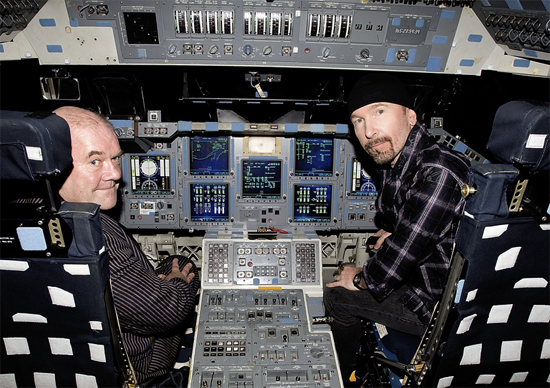Paul McGuinness, manager of U2, The Rapture and PJ Harvey, has used a panel discussion called ‘Why copyright still matters online?’ at this year’s MIDEM music conference to launch a stinging attack on Google, which he branded a "monopoly".
"Why are they not trying to solve the future in a more generous way?" McGuinness asked, adding that he felt that Google’s stance on supporting the anti-SOPA campaign was counter productive. "Ultimately it’s in their interests that the flow of content will continue," he said. "And that won’t happen unless it’s paid for."
He singled out Google for not hiding search results that lead people towards music available for illegal download. "It amazes me that Google has not done the right thing," he said. :The experience of people when they go on Google and look for U2’s music or PJ Harvey’s music is a shopping list of illegal opportunities to get their songs. They have done nothing meaningful to discourage this fact."
He continued: "Though there is some improvement in the digital environment in terms of people getting paid , the vast majority of content distributed through their pipes is not paid for. That’s, in my view, utterly, utterly wrong. I don’t think we can rely on politicians who are afraid of being unpopular to accomplish this without some real willingness – as I say, generosity – on the part of the technology area which… has shown this in the last few weeks to be very well able to make its case in a popular way.
McGuinness said that the recent decision by Google to back the anti-SOPA campaign was motivated by business, not ethics: "never underestimate the ability of a monopoly to defend itself".
However, he had kinder words for Spotify, proclaiming it "essentially honest" and adding that "there’s no reason why the basic Spotify model can’t be a part of the future." McGuinness did say, however, that he could understand why some artists were complaining about the streaming service: "Spotify has yet to become popular with artists because artists don’t see the financial benefit. That’s partly the fault of the labels because the labels partly own Spotify, and there is insufficient transparency."



